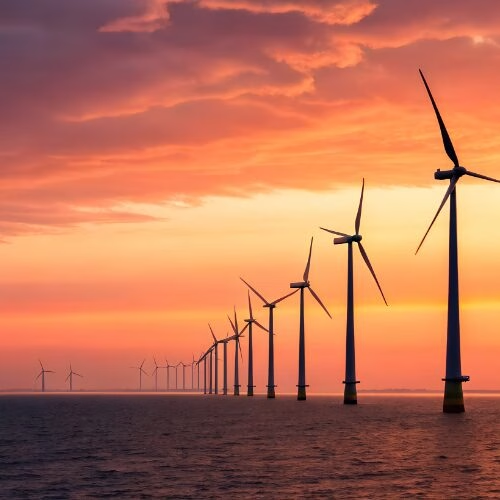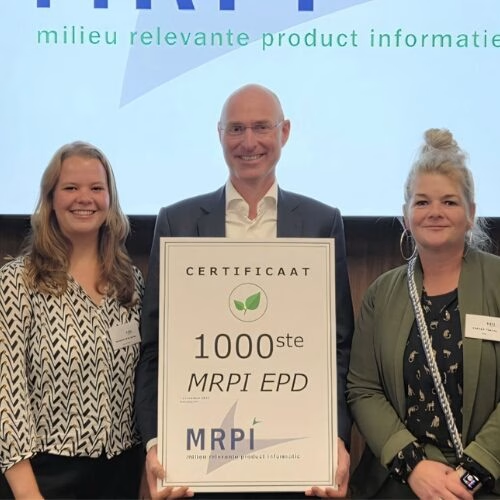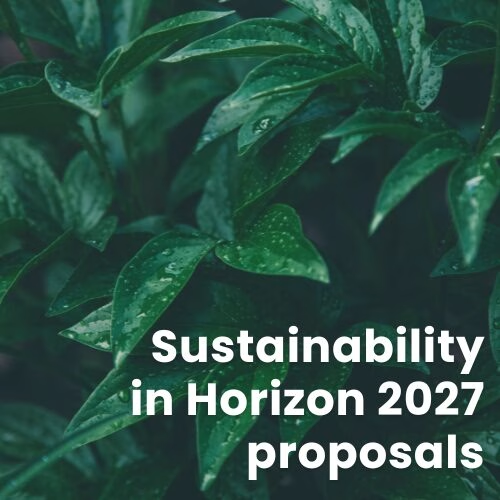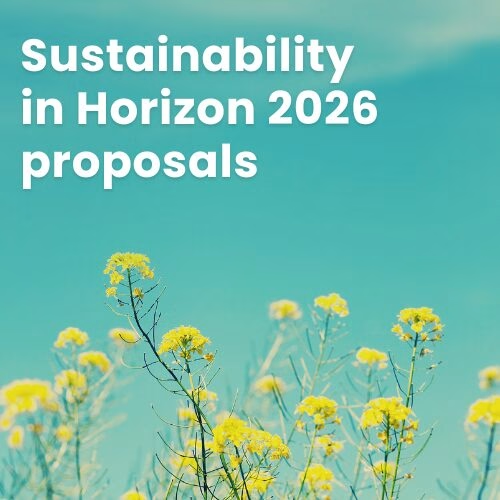On the 21st of April 2021, the European Commission published the provisional agreement on the European Climate Law (ECL). The ECL is one of the key elements of the European Green Deal, which embodies the ambitions of the EU to be climate neutral by 2050.
Towards carbon neutrality
In December 2019 the European Council embraced the objective to create a climate-neutral EU by 2050 in accordance with the Paris Climate Agreement. In March 2020 the European Commission proposed a European Climate Law that should realise a more ambitious emission reduction target from 40% to 55% in 2030, compared to 1990. In September 2020 the addition to the Green Deal was approved, which formalised the objective to reduce emissions for 2030 by at least 55%. This was supported by the European Council in December 2020, followed by the presentation of the provisional agreement in April 2021. In addition to the sharpened 2030 objectives, the new Climate Law shows the commitment of the EU to reach climate neutrality by 2050 as proposed in December 2019. Additional objectives of the Climate Law include:
- Create a system for monitoring progress and taking further action
- Ensure that the transition to climate neutrality is irreversible
- Provide predictability for investors and other economic actors
While the first two objectives regard the governance of the new legislation, the latter has implications for the direction of monetary streams throughout the EU with the goal to influence investment decisions towards more sustainable solutions and affect business within the EU.
Corporate Sustainability Reporting Directive
The Commission adopted a proposal for a Corporate Sustainability Reporting Directive to improve the adaption of EU sustainability reporting standards. The new proposal increases the scope of the current legislation and will include all listed companies in regulated markets (with the exception of micro-enterprises). Companies with more than 500 employees must comply with the new directive.
To support businesses, the Directive includes more detailed reporting requirements and companies should report in accordance with mandatory EU sustainability standards. Audits are required for the reported information.
This law requires companies to report on the social and environmental impacts of their activities on a regulatory basis. Companies are obliged to disclose their modes and how they manage the social and environmental challenges they face. The increase in transparency should support consumers, investors, policymakers, NGOs, and other stakeholders in their decision-making and has the potential to steer companies on a more sustainable course.
The EU Taxonomy Climate Delegated Act
The EU Taxonomy Climate Delegated Act helps to redirect the flow of money towards sustainable alternatives by setting a clear set of criteria to determine what or which activities can be considered sustainable. A clear set of standards to determine what sustainable business activity helps investors in their decision-making when adapting to more sustainable strategies. There are four conditions that economic activity must meet to be considered environmentally sustainable:
- Contribute substantially to at least one of the six environmental objectives set out in the Taxonomy Regulation (TR);
- Do no significant harm to any of the environmental objectives in the TR;
- Be carried out in compliance with minimum (social) safeguards in the TR;
- Comply with technical screening criteria in the TR. The technical screening needs to specify the performance requirements of any economic activity that determine under what conditions that activity (i) makes a substantial contribution to the given environmental objective, and (ii) does not significantly harm the other objectives.
Moving forwards
The Green Deal is considered one of the most important sets of regulations, directives, and laws ever to be presented by the EU. It is a translation of ambitions into binding legislation and it will guide future policy decisions towards and beyond 2050. Every sector will be influenced by the Green Deal and companies that adopt the legislation and adjust their strategies sooner, rather than later, will be at the forefront in the coming years and into the future.














